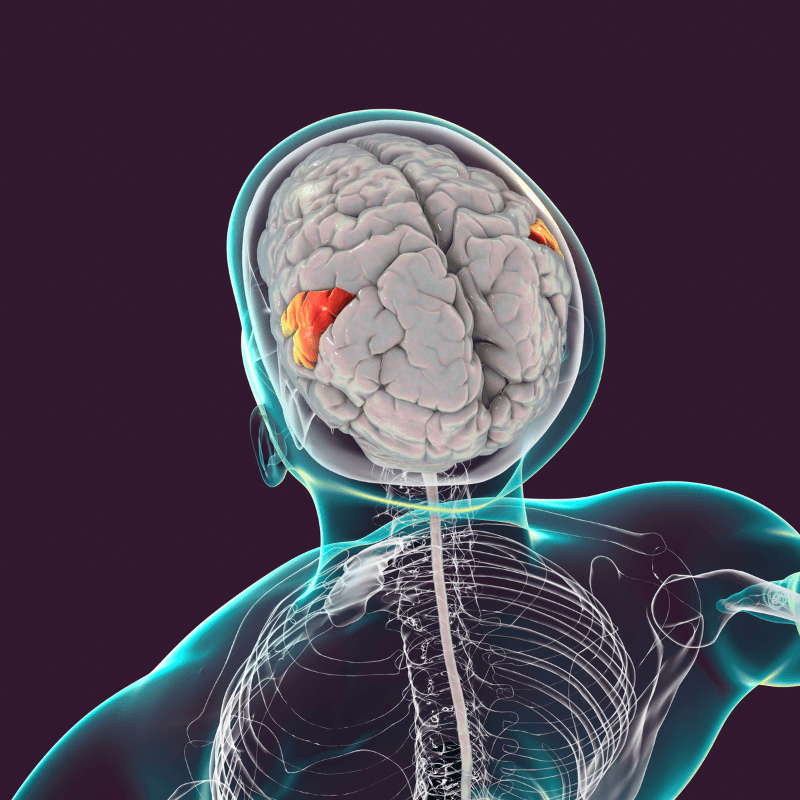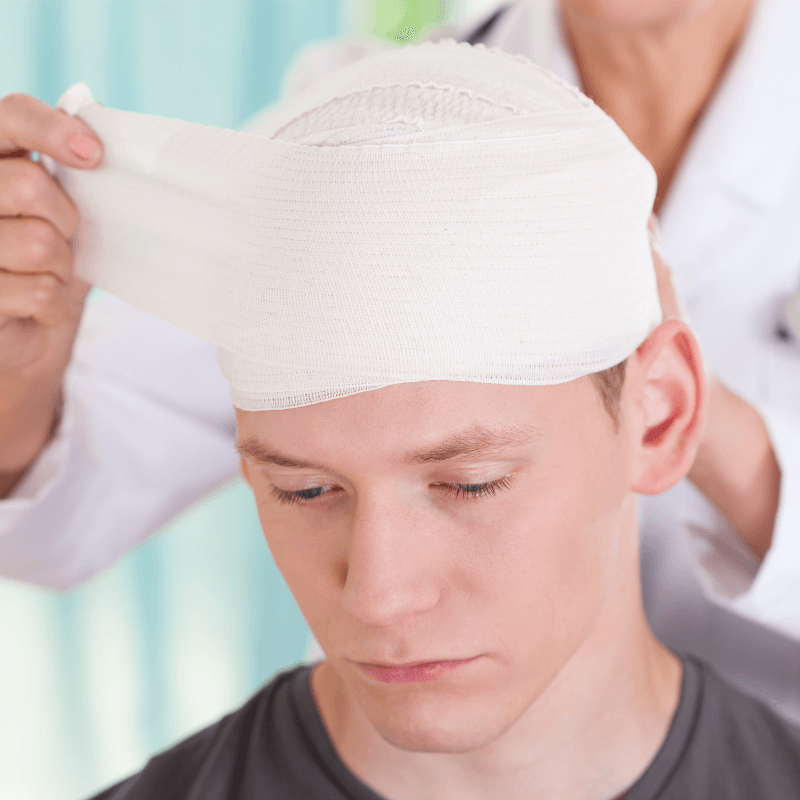Treatment of Wernicke's Aphasia
Comprehension skills are impaired by Wernicke's Aphasia, which deserve intervention and focused care. Let's take action today!
Facts & Treatment: Wernicke’s Aphasia
Let's Rebuild Comprehension
Remember, when the Wernicke’s area of the brain is damaged, it can severely impact communication skills. In fact, statistics show that Wernicke’s Aphasia is one of the most common types of aphasia.
Wernicke’s aphasia affects nearly 4 in every 10 people who’ve had a stroke and its effects continue to impact many others. Common signs include difficulty recalling and repeating phrases, along with using made-up or unusual words that often lack clear meaning.

Visible Signs

Unable To Understand Words

Difficulty Understanding Written Text

Using Incorrect & Nonsense Words

Making Up Words With No Meaning
LIFE Speech Pathology
We tailor treatment and care based on your needs.
Possible Origin & Cause

Neurological Disorders
Brain Inflammation
Stroke & Brain injuries
Brain Infection
Treatment of Wernicke’s Aphasia
Therapies From Speech Language Pathologists
Speech therapy has been shown to ease symptoms and support recovery across all types of aphasia, and Wernicke’s Aphasia is no exception. If you’re noticing signs, it’s important to connect with a speech-language pathologist who can guide your diagnosis and create a therapy plan that fits your needs. One of the most effective approaches for Wernicke’s aphasia is group therapy, which not only supports language recovery but also addresses the emotional impact of isolation. Being in a group with others who understand your experience can make a powerful difference in the healing process.


Speech Devices
Thanks to modern innovations and ongoing research, new tools, like speech-generating devices, are now being used to support individuals with Wernicke’s aphasia. These technologies often rely on images or symbols to help patients express what they want to say when spoken language is difficult. While this approach may not fully restore speech, it plays a meaningful role in helping people reconnect and communicate. At LIFE Speech Pathology®, we proudly incorporate these advancements into our care, expanding the ways we support each person’s unique recovery journey.
Treating The Cause
As explained in the sections above, Wernicke’s Aphasia often results from damage to the Wernicke’s area of the brain, which can be caused by things like brain infections. This opens up another possible treatment path of addressing the underlying infection itself.
Treating the infection may not only improve overall brain health but can also help reduce the symptoms of Wernicke’s aphasia. The best course of action is to follow up with your doctor for targeted medical care or continue any treatment plan already prescribed. Early and consistent treatment gives the brain the best chance to heal.


Treatment At LIFE Speech Pathology
At LIFE Speech Pathology®, we prioritize trust and connection with every client by actively developing personalized, evidence-based treatment plans for Wernicke’s aphasia. Our licensed speech-language pathologists bring extensive experience in working with all types of aphasia.
Every step is holistic and rooted in data—from your initial evaluation and diagnosis to therapy sessions and building out your support network. You’ll never walk this path alone. We’re here to guide you toward healing with clarity, compassion, and care.
START REBUILDING HERE
RESOURCES & SUPPORT
TYPES OF APHASIA
Non-Fluent Aphasias
Fluent Aphasias
MORE THAN APHASIA
Recovery doesn’t stop. Communication. Connection. Life.
© 2026 LIFE Speech Pathology, All Rights Reserved






